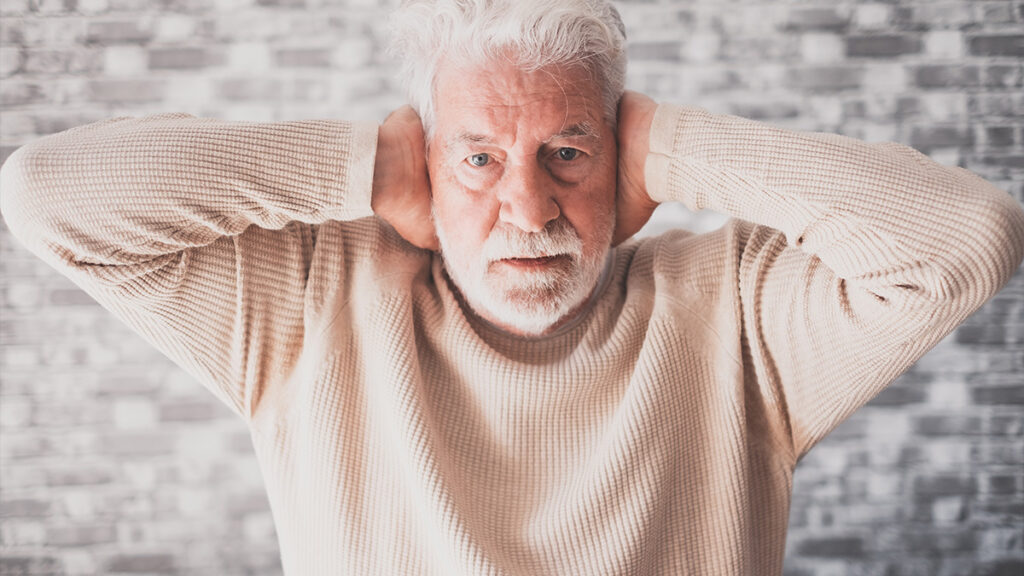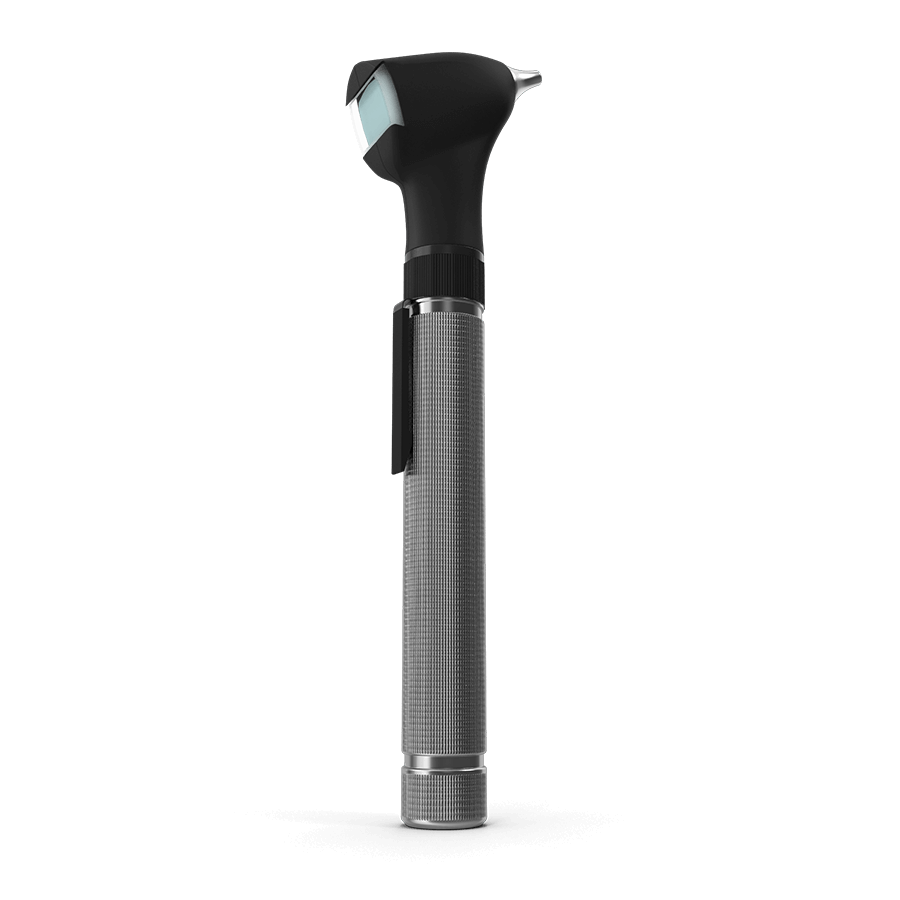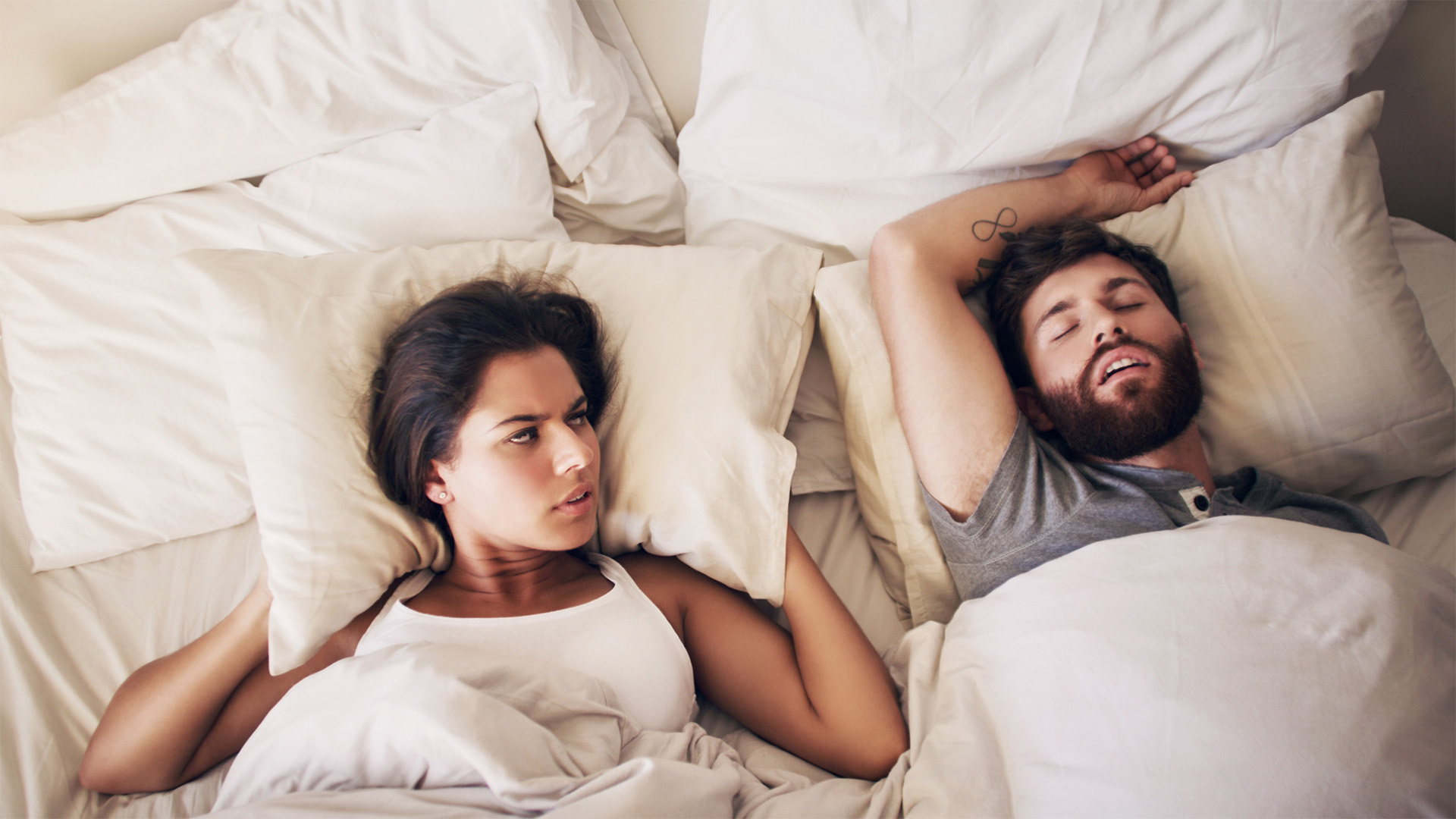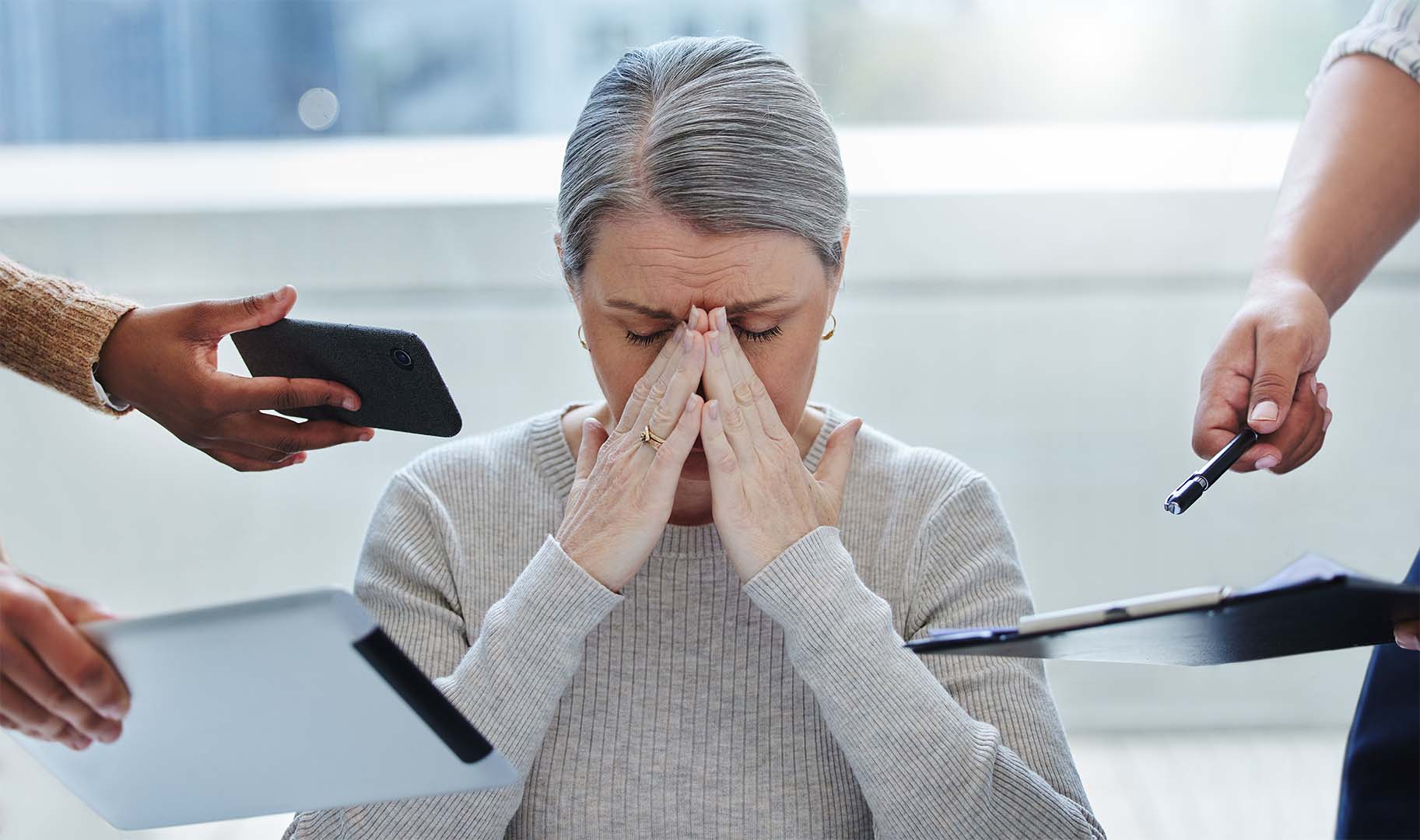Table of Contents
Why tinnitus flares after loud, lively evenings
Many people describe the same pattern. A party, a concert, a busy dinner. Later that night or the next morning, the ringing or buzzing feels louder, sharper, closer. This temporary “spike” often follows a simple chain of events. Loud and sustained sound can fatigue the inner ear’s sensory cells and the auditory pathways that process speech and music. In the short term this can produce a temporary threshold shift, where hearing feels slightly dulled and tinnitus steps forward. Add stimulating environments, a late bedtime, alcohol or dehydration, and the brain has more work to do to filter sound and less spare capacity to dampen an internal signal. The spike is usually a sign of overexposure and effort rather than damage that must become permanent. It deserves respect and recovery time.
What a spike feels like and how long it lasts
A typical spike is louder awareness of a familiar sound rather than a brand new noise. It may pulse more insistently in a quiet bedroom, seem harsher after you remove headphones, or flare when you finally sit still. For many, the change settles over hours to a few days as the auditory system rebalances and the nervous system downshifts from the high arousal of the evening. The time course varies with how loud and how long the exposure was, how well you slept, how stressed you were going in, and whether your ears already live with ongoing tinnitus or hearing loss. Repeated spikes after repeated loud nights are a warning that the system is being pushed too far. The aim is to shorten the flare, reduce the strain, and change the pattern next time so recovery is calmer and faster.
What actually helps after the spike
The most effective help looks modest from the outside. Start with sound, not silence. Very quiet rooms make tinnitus sound larger because there is little else for the brain to anchor to. Use gentle, steady sounds at low level to give your auditory system context while it settles. Many people prefer soft fan noise, low rain, distant surf or a familiar talk station at background volume. In the bathroom and kitchen, turn taps slowly and avoid sudden noisy bursts that can feel sharp on a sensitive morning. If you use hearing aids, wear them as you usually would and avoid self-tinkering with harsh high-frequency boosts. If your clinician has set a calm programme for indoor evenings or sleep, choose it and leave the rest alone until you review together.
Rest matters as much as sound. Aim for an early night or a restorative nap the next day, and keep caffeine and alcohol within your normal pattern rather than making big swings. Hydration and a proper meal stabilise how you feel and often reduce the intrusive quality. Gentle movement, a walk outdoors, and time away from constant notifications lower arousal, which often lowers the perceived loudness. If the ear canals feel itchy or blocked after a hot, humid night out, resist the urge to clean with cotton buds. Keep the canals dry, and if you wear in-ear devices, give the skin a short break and clean domes or ear tips before you put them back in.
For many people with persistent tinnitus, sound therapy is not a magic switch but a useful habit. The point is not to drown anything out; it is to provide enough neutral sound for your brain to reclassify tinnitus as unimportant. That is also why simple counselling and structured reassurance work. When you understand why the spike happened, the sound loses some of its threat and the cycle of attention and anxiety loosens. Cognitive behavioural approaches can help some people make exactly that shift. In clinic we pair explanation with practical sound options so you can test what feels best in your space.
What does not help, and why
Silence is rarely your friend on a spike day. Total quiet makes a small internal signal feel big. Turn something on at low level and give your attention somewhere else to land. Excessive protection also backfires once you are home or in normal environments. Earplugs are excellent in genuinely loud places, yet wearing them routinely in safe sound levels can make you more aware of tinnitus and everyday sound. The sensible pattern is protect in noise, recover in gentle sound.
Quick fixes that promise a cure are not helpful. There is no reliable evidence that supplements, detox kits or restrictive diets switch tinnitus off after a night out. Caffeine in particular has a complicated reputation; controlled trials have not shown that stopping caffeine improves tinnitus, and sudden withdrawal can make you feel worse. If coffee is part of your normal routine, keep it steady rather than scrapping it.
Self-cleaning the ear canal is unhelpful and risky. Ear candles, metal tools and cotton buds can injure the canal skin, push debris deeper and increase infection risk without improving tinnitus. The same caution applies to using leftover ear drops without knowing the state of your eardrum. If an ear feels wet after a sweaty evening or a rainy walk, dry the outer ear gently with a towel and let air do the rest.
Planning for the next busy night
The most powerful protection is simple and practical. Carry comfortable earplugs to venues where music or crowd noise will be high, and put them in before you head to the bar or the dance floor rather than after your ears already feel strained. Choose a spot away from speakers, and take short quiet breaks outside or in a hallway so your system can reset. If you control the setting, keep background levels in check and aim for one voice at a time; conversations become warmer when people can hear each other without pushing. On the way home, keep headphone volume modest and avoid using loud audio to mask a spike. It is better to choose low-level sound and rest than to hammer the system again. If evenings out are frequent, space them, because recovery days matter.

When to seek assessment
Most spikes after loud or lively nights settle with time, sleep and gentle sound. There are good reasons to book a review. If your tinnitus changes character and does not return to its usual baseline after a few days, if a new persistent hearing dullness appears, or if there is ear pain, discharge or pressure that does not ease, an assessment helps keep you on safe ground. Sudden hearing loss in one ear with new tinnitus is an urgent scenario. Tinnitus with severe vertigo, a drooping face or after a head injury needs emergency care. If you already use hearing aids and the sound is suddenly harsher or less clear, a quick clean, filter or dome change and a check of settings can restore comfort. If spikes are frequent despite sensible protection and pacing, a structured tinnitus management plan with education, sound options and coping strategies can reduce the impact in daily life.
How Audiocare supports you
In clinic we start by listening to your story. When do spikes appear, what do they sound like, how long do they last, which spaces make you feel cornered and which ones you want to get back to. We examine the ears, check hearing across pitches, and map your tolerance for sound so we can suggest realistic changes. If hearing aids are part of your care, we verify settings and show you calm programmes for evenings. We discuss sound options for home and sleep that match your preferences rather than forcing a single track. We also share clear safety rules on protection in genuinely loud places and how to pace social weeks without losing what you enjoy. The goal is not silence but control. Most people find that with the right information and a few consistent habits, spikes become less dramatic and life becomes less about listening effort and more about the moments themselves.
Conclusion
Tinnitus spikes after busy nights are common, unsettling and usually temporary. They signal that your auditory system did a long shift and needs a fair recovery. Gentle sound, rest, steady routines and smart protection are the essentials. Avoid silence, avoid overprotection in safe settings, and avoid quick cures that overpromise. If a spike does not settle or if red flags are present, seek assessment. With clear guidance and a plan that fits your life, most people regain confidence and keep doing the things they enjoy, nights out included.
References
• https://www.nhs.uk/conditions/tinnitus/
• https://www.nice.org.uk/guidance/ng155
• https://pmc.ncbi.nlm.nih.gov/articles/PMC4988324/
• https://tinnitus.org.uk/support-for-you/what-can-i-do/sound-therapy/
• https://www.cochrane.org/evidence/CD012614_cognitive-behavioural-therapy-adults-tinnitus
• https://pubmed.ncbi.nlm.nih.gov/20053154/
• https://journals.plos.org/plosone/article?id=10.1371%2Fjournal.pone.0256275









